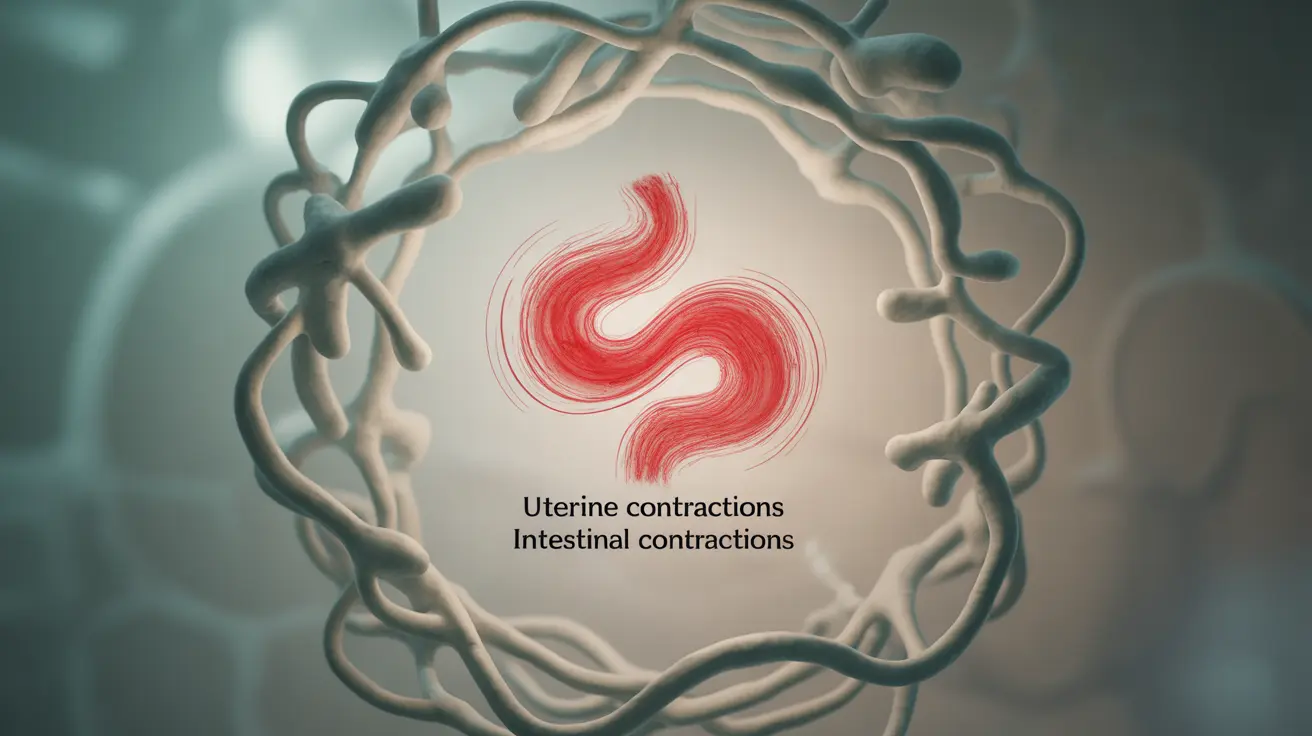Many women experience digestive changes before and during their menstrual cycle, with diarrhea being a common yet rarely discussed symptom. This connection between menstruation and bowel changes is not only normal but has scientific explanations rooted in hormonal fluctuations.
Understanding why diarrhea occurs during your period and learning effective management strategies can help you navigate this monthly challenge with greater confidence and comfort.
The Hormonal Connection
The primary reason for experiencing diarrhea before your period relates to hormonal changes, particularly the release of prostaglandins. These hormone-like substances are responsible for causing uterine contractions during menstruation but can also affect the digestive system.
- Increased intestinal contractions
- Faster bowel transit time
- Changes in fluid absorption
- Digestive system inflammation
Common Symptoms and Timing
Period-related diarrhea typically occurs:
- 1-2 days before menstruation begins
- During the first few days of your period
- Alongside other digestive symptoms like bloating or cramping
Managing Period-Related Diarrhea
Dietary Modifications
Making strategic dietary changes can help reduce the severity of menstrual diarrhea:
- Choose easily digestible foods
- Increase fiber intake gradually
- Stay hydrated with water and electrolyte-rich beverages
- Avoid caffeine and alcohol
- Limit spicy or fatty foods
Lifestyle Adjustments
Several lifestyle changes can help manage symptoms:
- Regular exercise (moderate intensity)
- Stress reduction techniques
- Adequate sleep
- Heat therapy for cramping
- Tracking symptoms to identify patterns
Medical Interventions
When lifestyle changes aren't enough, consider these options:
- Over-the-counter anti-diarrheal medications
- Birth control pills (to regulate hormones)
- Anti-inflammatory medications
- Prescription medications (if recommended by your healthcare provider)
When to Seek Medical Help
While period-related diarrhea is common, certain situations warrant medical attention:
- Severe or persistent diarrhea
- Blood in stool
- Severe abdominal pain
- Signs of dehydration
- Symptoms that significantly impact daily life
Frequently Asked Questions
- Why do I get diarrhea before my period and what causes it?
Diarrhea before your period is primarily caused by increased prostaglandin production, which triggers both uterine and intestinal contractions. These hormonal changes can speed up bowel movements and affect fluid absorption in your digestive system.
- How can I manage or treat diarrhea that happens right before or during my period?
You can manage period-related diarrhea through dietary changes (avoiding trigger foods), staying hydrated, taking over-the-counter anti-diarrheal medications, and using heat therapy. Regular exercise and stress management can also help reduce symptoms.
- Are hormonal changes like prostaglandins responsible for diarrhea before menstruation?
Yes, prostaglandins are the main hormonal factor responsible for period-related diarrhea. These compounds cause smooth muscle contractions in both the uterus and intestines, leading to more frequent bowel movements and looser stools.
- What foods or lifestyle changes can help prevent diarrhea related to my menstrual cycle?
Focus on eating easily digestible foods, increasing fiber intake gradually, staying hydrated, and avoiding caffeine and spicy foods. Regular exercise, stress reduction techniques, and maintaining good sleep habits can also help prevent or reduce symptoms.
- When should I see a doctor about diarrhea that occurs before or during my period?
Consult a healthcare provider if you experience severe or persistent diarrhea, blood in your stool, intense abdominal pain, signs of dehydration, or if your symptoms significantly interfere with your daily activities. These could indicate underlying conditions requiring medical attention.




